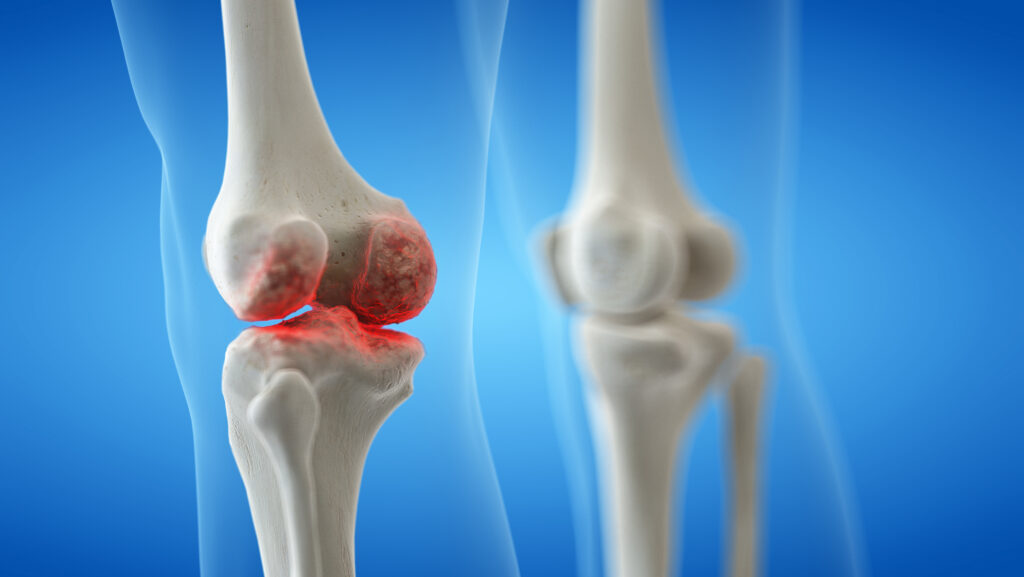Welcome to the latest edition of touchREVIEWS in RMD! We’re excited to share a dynamic collection of articles that highlight the evolving landscape of rheumatic and musculoskeletal diseases (RMDs).
We open the issue by delving into a series of editorials offering expert insights and critical analyses on recent developments and key issues in the field. Lachmann and Caterson lead the way by sharing their wealth of experience in recognizing and diagnosing systemic autoinflammatory diseases (SAIDs). Their exploration includes discussing effective strategies for addressing patients
with periodic inflammation, emphasizing the vital role of genetic testing, discerning presentations of non-genetic SAIDs and the need for empirical therapy trials in cases of suspected SAID.
We then shift focus to the non-pharmacological management of systemic lupus erythematosus (SLE) and systemic sclerosis. Parodis and Boström succinctly encapsulate recent principles and recommendations from a task force, assembled under the umbrella of the European Alliance of Associations for Rheumatology (EULAR), underlining the pivotal role of these recommendations in guiding personalized disease management strategies.
Ling and Plant bring our discussion to rheumatoid arthritis, exploring multiomics studies. Despite the current barriers, they uncover the potential of these studies in predicting treatment responses and translating findings into clinical practice.
Next, we showcase several review articles, commencing with a discussion around the potential of CAR T cell therapy in treating SLE. Alsharkawy et al. expertly compare CART T cell therapy with established B cell depletion therapies, and explore the safety, limitations and promise this treatment could have in managing patients with SLE and other autoimmune disorders.
Hmamouchi et al. then provides us with a narrative review around chronic inflammatory and rheumatic diseases (CIRDs). The article provides recommendations for screening and managing comorbidities such as cardiovascular disease (CVD), malignancies, infections, gastrointestinal diseases, osteoporosis and depression. Emphasizing the impact on the selection of DMARD, the
review underscores the need for CVD risk-factor screening, lifestyle modifications and specific screening for malignancies, vaccinations, osteoporosis and depression detection. It also advocates for a multidisciplinary approach to effectively manage these comorbidities in patients with CIRD beyond rheumatoid arthritis and CVD, considering diverse therapeutic options and
individual profiles.
Ciurtin and Price then shed light on therapeutic approaches and unmet needs in managing young people with Sjögren disease. Emphasizing the necessity for disease- and age-tailored assessment, they stress the need for further research to support evidence-based therapeutic recommendations for minimizing risks and optimizing outcomes.
We then conclude the issue with Gheriani et al. who describe a case of Lane–Hamilton syndrome (LHS) presenting with diffuse alveolar haemorrhage (DAH), highlighting that LHS is an important vasculitis mimic that should be at the forefront when evaluating a patient presenting with DAH.
Collectively, these articles showcase the breadth of rheumatic and musculoskeletal diseases, aiming to support ongoing education and drive innovation in patient management. We hope that you find them not only informative but also engaging.
Peter C Taylor
Peter C Taylor holds the Norman Collisson chair of Musculoskeletal Sciences at the University of Oxford and is a Fellow of St. Peter’s College. He studied pre-clinical medical sciences at Gonville and Caius College at the University of Cambridge and his first degree was in Physiology. He subsequently studied clinical medicine at the University of Oxford and was awarded a PhD degree from the University of London for research on pathogenesis of arthritis. Professor Taylor has specialist clinical interests in inflammatory arthritis. He has over 30 years’ experience in clinical trial design in studies of biologic and small molecular therapies in rheumatoid arthritis and ankylosing spondylitis. In experimental medicine studies, Professor Taylor employs targeted therapies as probes of pathogenesis to investigate the in vivo biology of the target in the pathobiology of the disease phenotype under investigation.














